50 pages • 1 hour read
John GrishamThe Racketeer
Fiction | Novel | Adult | Published in 2012A modern alternative to SparkNotes and CliffsNotes, SuperSummary offers high-quality Study Guides with detailed chapter summaries and analysis of major themes, characters, and more.
Important Quotes
“He’ll be sixteen when I get out, a fully grown teenager, and I will have missed ten of the most precious years a father and son can have. Until they are about twelve years old, little boys worship their fathers and believe they can do no wrong […] He was my world, and trying to explain to him that I was going away for a long time broke both our hearts.”
(Chapter 1, Page 8)
The estrangement of Malcolm and his son is another cost of the punitive nature of the justice system in the United States. Eventually, Malcolm will walk away from his son, leaving him to be raised by another man in the belief that it will be better for the boy to have stability.
“In the United States we spend $40,000 a year to incarcerate each prison inmate and $8,000 to educate each elementary school student. Here we have counselors, managers, caseworkers, nurses, secretaries, assistants of many varieties, and dozens of administrators who would be hard-pressed to truthfully explain how they fill their eight hours each day.”
(Chapter 1, Pages 5-6)
John Grisham is a critic of the American justice system, which has the highest incarceration rate per capita of any developed country in the world. This passage illustrates the theme of The Cost of Punishment. There are many costs beyond simple money, but the financial cost alone to society is enormous. As the author will show, this cost is being incurred unjustly or unreasonably in many cases.
"Because of this, I feel more white than black.”
(Chapter 1, Page 7)
Malcolm Bannister is Grisham’s first Black protagonist, but unlike in previous novels, such as A Time to Kill, race does not play a central role in the narrative of The Racketeer. Grisham makes no effort to write from a “Black” perspective or to address the issue of racism, although he has done so in other stories. Malcolm’s observation about his ambiguous status in prison implies that other factors are more important to his identity than race.
Related Titles
By John Grisham

A Painted House
John Grisham

A Time For Mercy
John Grisham
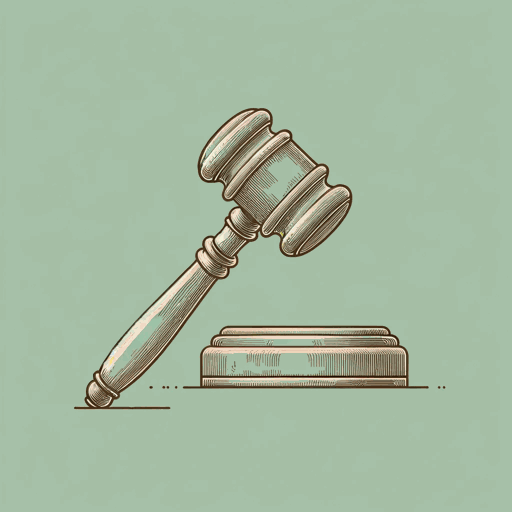
A Time to Kill
John Grisham

Bleachers
John Grisham

Calico Joe
John Grisham

Camino Island
John Grisham

Gray Mountain
John Grisham

Skipping Christmas
John Grisham

Sooley
John Grisham

Sparring Partners
John Grisham

Sycamore Row
John Grisham

The Appeal
John Grisham
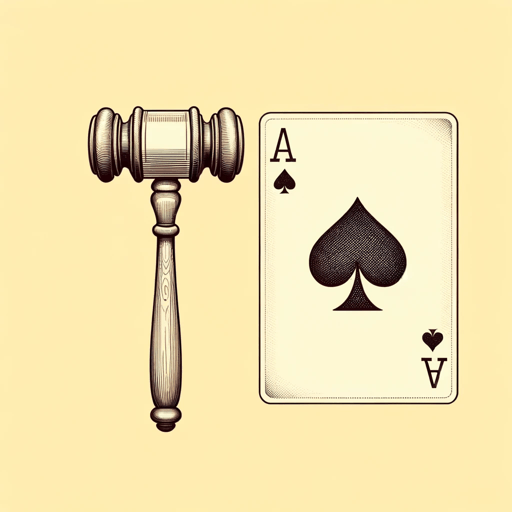
The Boys from Biloxi
John Grisham

The Brethren
John Grisham

The Chamber
John Grisham

The Client
John Grisham
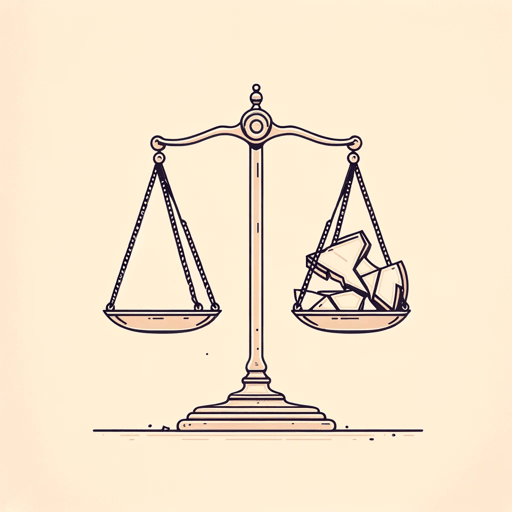
The Confession
John Grisham

The Firm
John Grisham
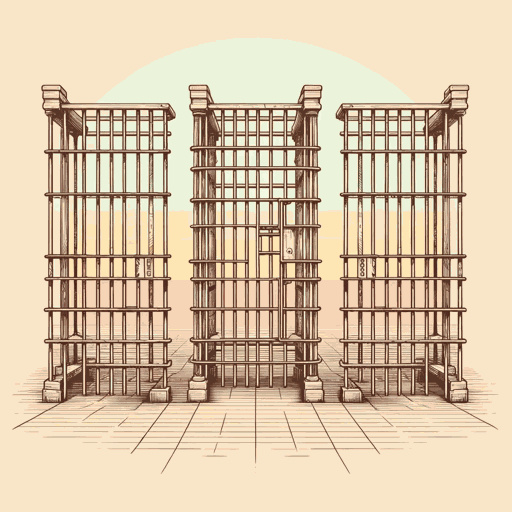
The Guardians
John Grisham
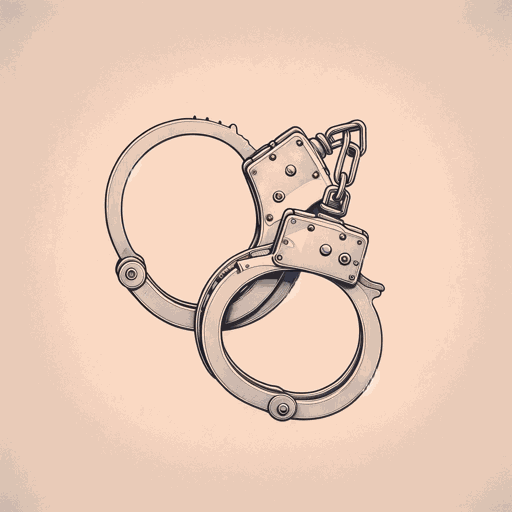
The Innocent Man
John Grisham

